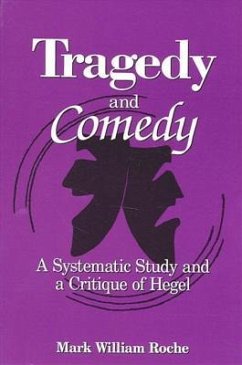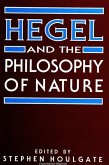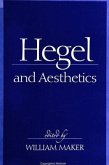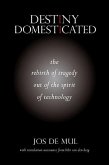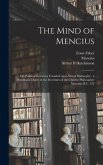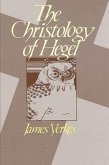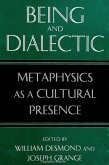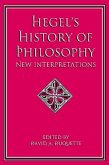In the first evaluation and critique of Hegel's theory of tragedy and comedy in any language, Mark William Roche points out the strengths and weaknesses of Hegel's positions while developing an original theory of both genres. Along with its theoretical discussions, the book weaves together in an entertaining and provocative way commentary on an array of artworks, from Greek drama to contemporary American cinema, with a particular focus on modern European and especially German drama. What emerges from this study is not only a clearer picture of Hegel's strengths and weaknesses but an original study of tragedy and comedy that will be studied along with other modern classics such as those of Peter Szondi and Northrop Frye.

